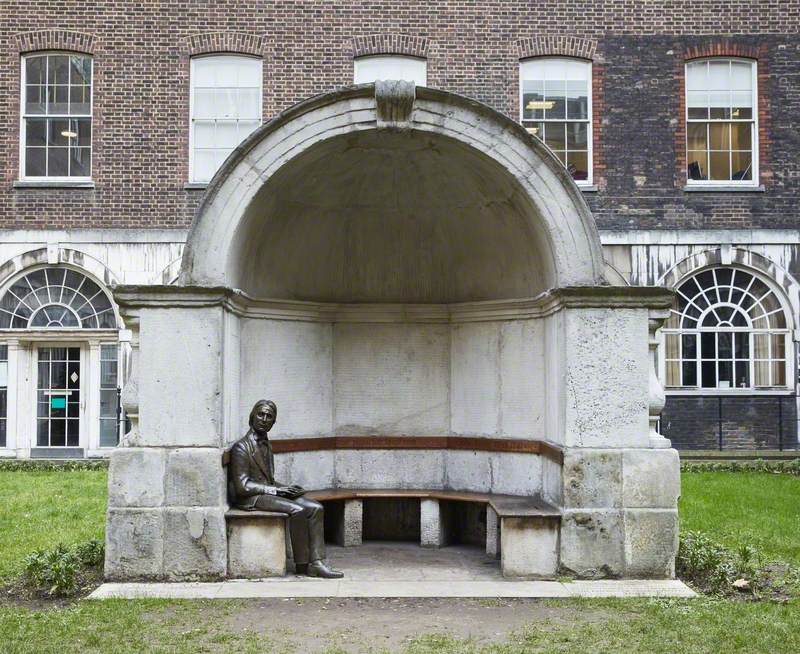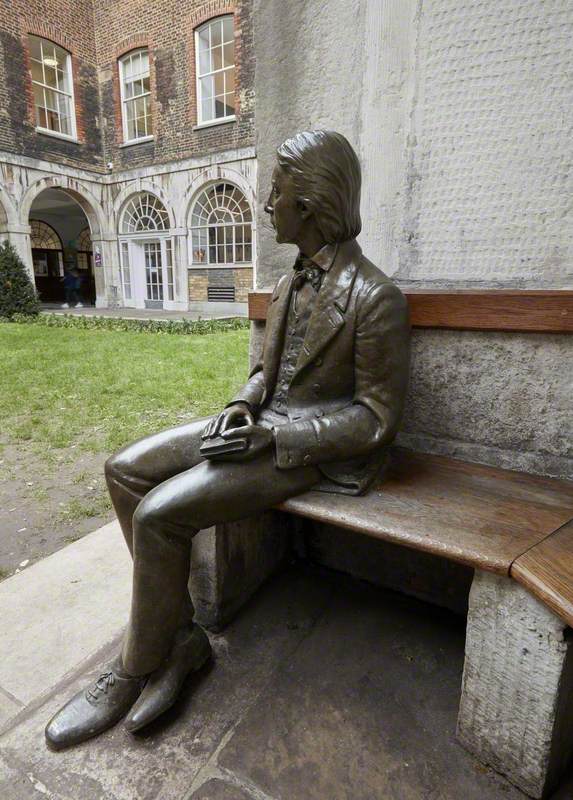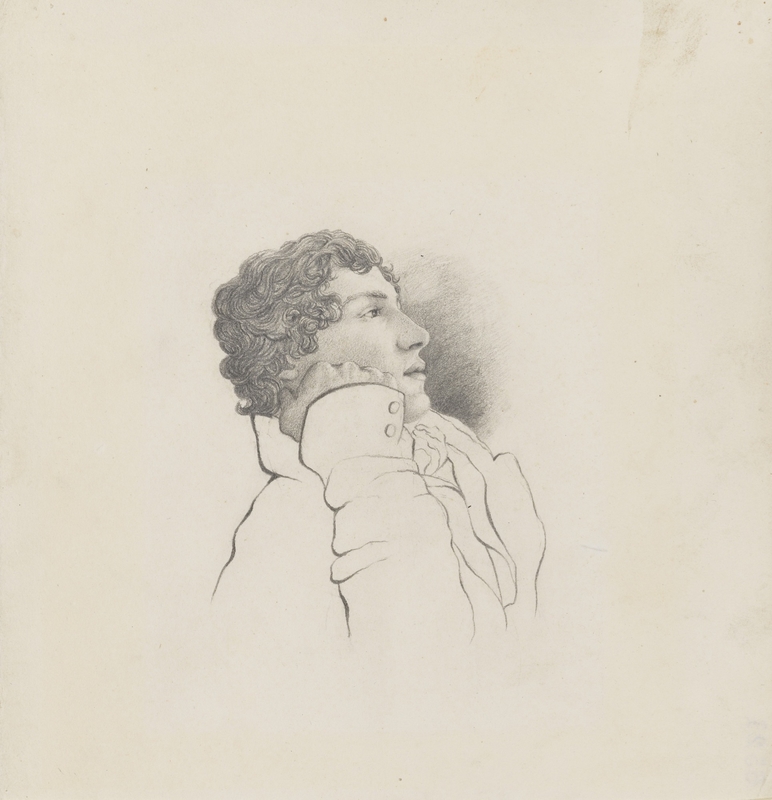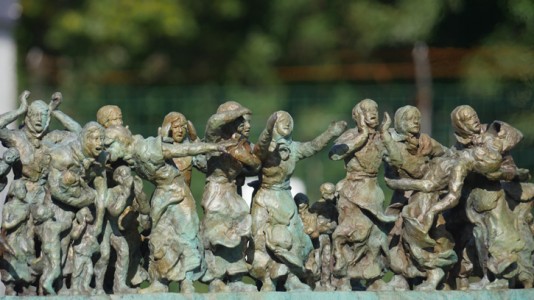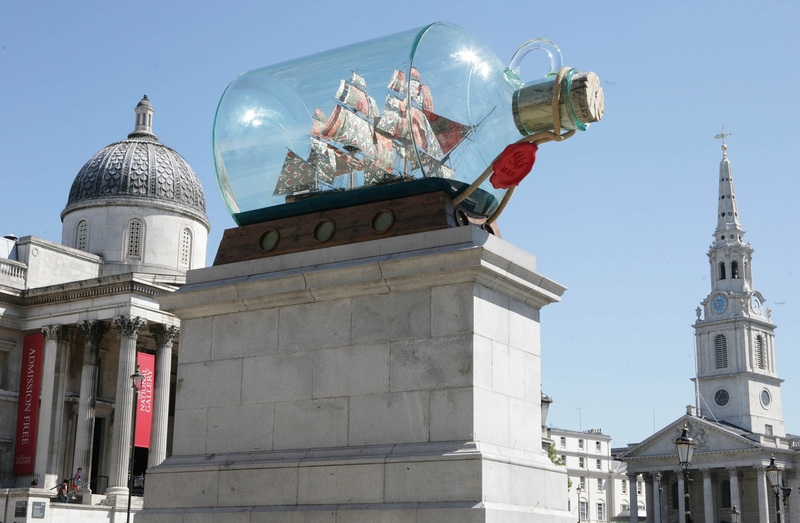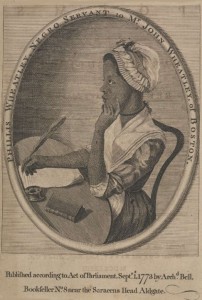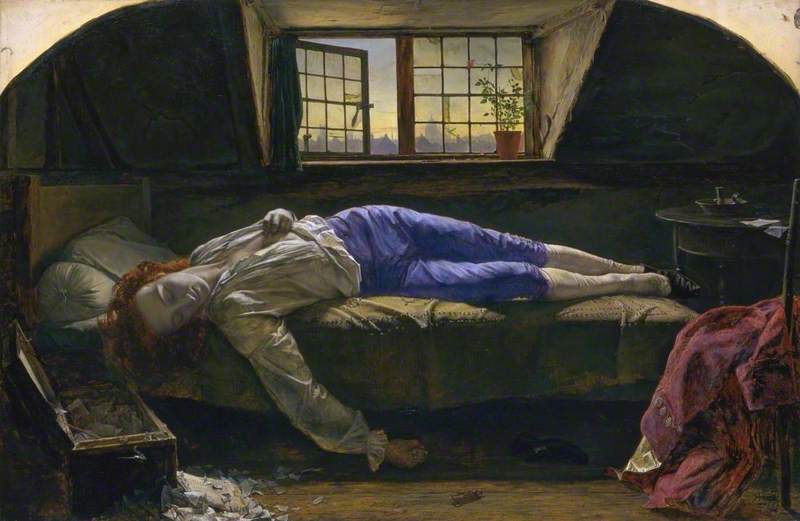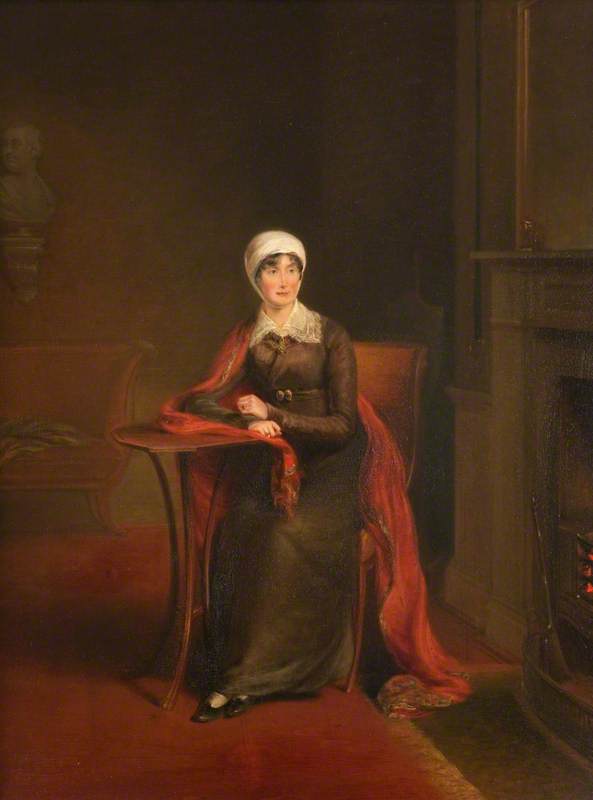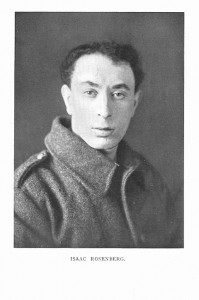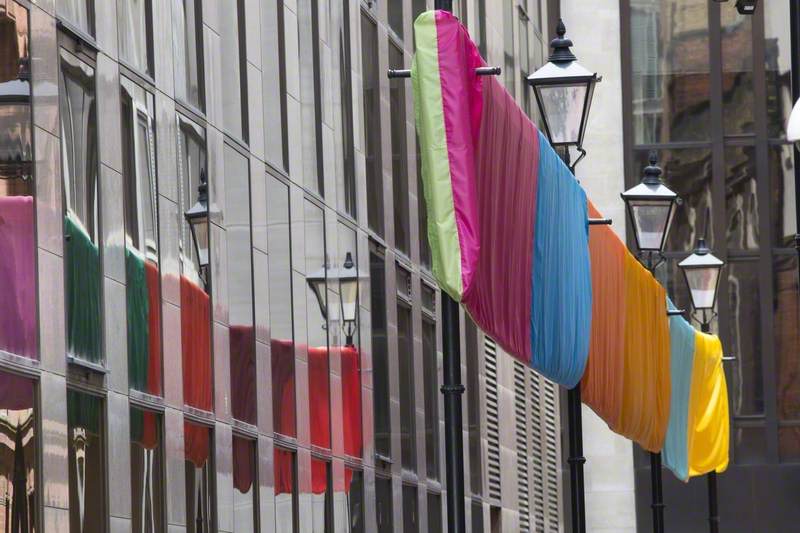The Romantic poet John Keats died in 1821 at the young age of 25. He has long since been celebrated for works such as Ode to a Nightingale and To Autumn. Less well known, perhaps, are the years he spent as a trainee doctor before giving up medicine to focus intensively on poetry.
This statue of Keats sits in an alcove outside Guy's hospital because he worked and studied there. He was only 14 (as was the norm in the early nineteenth century) when he was first apprenticed to a suburban apothecary, the equivalent of a GP. He later moved to Guy's to undertake further training under the legendary surgeon Astley Cooper.
Keats was once assumed to have been a dreamer uninterested in his medical studies. Recent research by scholars has shown, on the contrary, how successful and focused he was at Guy's. He passed an exam that many of the students failed and was appointed to the coveted position of 'dresser'. That not only involved assisting more experienced surgeons in operations but also being on duty 24/7, one week in four, in the equivalent of A&E.
Surgery in the period was brutal. There was no anaesthesia save alcohol and opium. Dressers' duties included holding down patients during operations and disposing of amputated limbs. Keats was highly sensitised and empathic to others' pain, but the record shows that at Guy's he was also capable of calm professionalism. In March 1816, for example, he saved the life of a woman called Jane Hull who was brought in with a bullet wound to the head and neck, having been shot by her jealous husband while standing at the bar of the Prince Regent pub. Keats, aged 20, successfully extracted the pistol ball, which he produced as evidence during the resulting court case.
Imagery drawn from the human body abounds in Keats's poetry. When he used the metaphor of a 'naked brain', he knew what he was talking about: he had actually seen one in the anatomy room. He also had intimate knowledge of the limitations of nineteenth-century medicine, having been a witness to the harrowing deaths of his mother and brother from tuberculosis. That same disease later killed Keats himself, in Rome, where he had gone in the vain hope that the Mediterranean climate might assuage his symptoms.
Keats's poetry is often regarded as the ultimate expression of the Romantic imagination, but far from escapist fantasy, it acknowledges 'the fever, and the fret' of human suffering without denial or easy answers.
Lucasta Miller, writer and author of Keats: A Brief Life in Nine Poems and One Epitaph, published by Penguin
